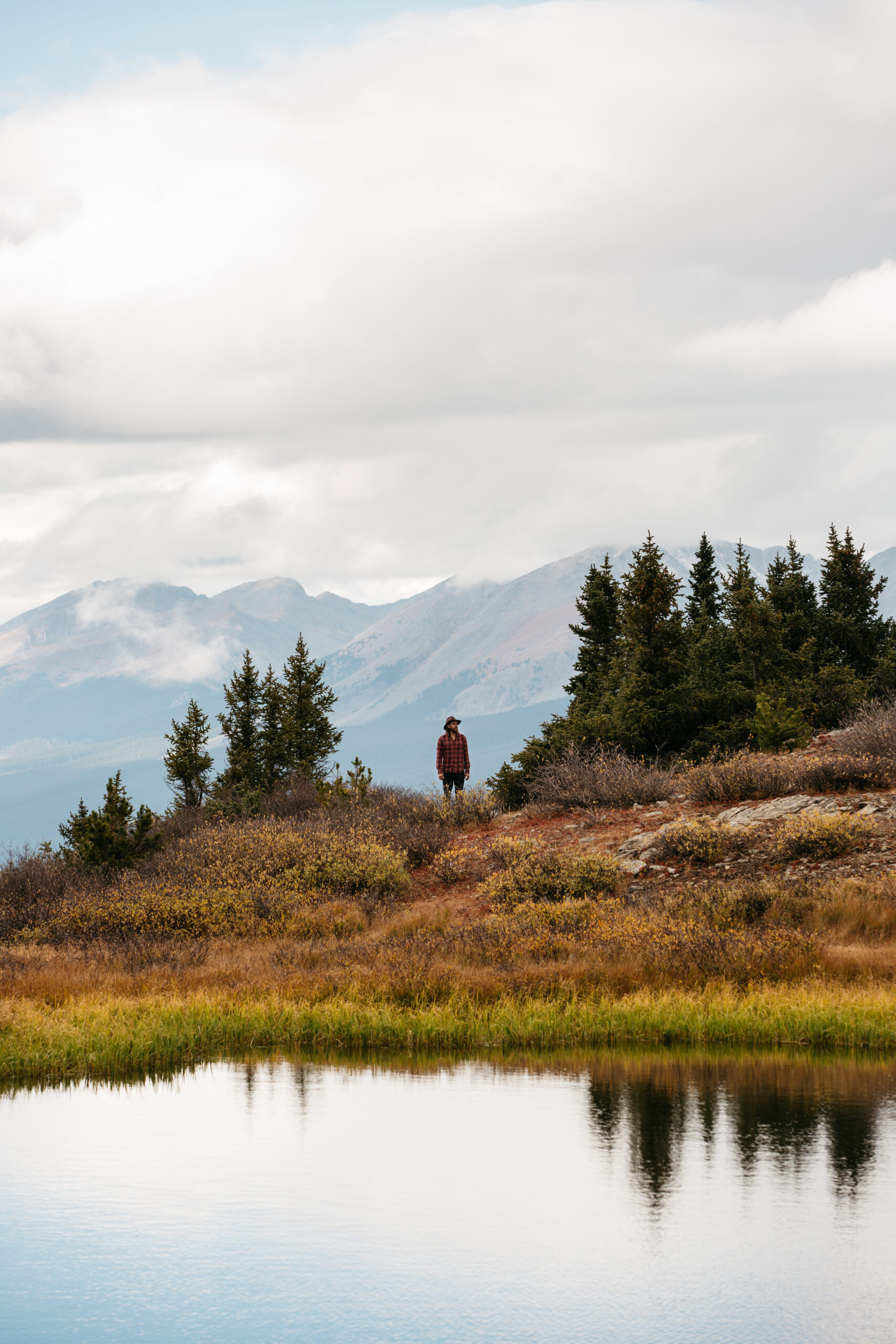In April 2017, Johns Hopkins School of Nursing (JHSON) students attended the Consortium of Universities for Global Health Conference, “Healthy People, Healthy Ecosytems,” in Washington, D.C. Students wrote blogs reflecting on breakout sessions and topics presented by experts and the current climate of global health. In part two, we look at the thoughts of JHSON student Erwin William A. Leyva and how saving the environment, in turn, saves our health.
Planetary Health: Why It Matters
Erwin William A. Leyva, MPH, RN
We only have Earth, and if we continue to destroy it, where else can we go? As a nurse and a citizen of the world, this crossed my mind after the plenary session entitled “Saving the Planet, Saving Ourselves: Creating Healthy Ecosystems and Healthy People” at the 2017 Consortium of Universities for Global Health conference. And I learned more about another “sexy term”: planetary health.
“You cannot separate the health of the planet from the health of the people”, Keith Martin, Executive Director, CUGH.
The Rockefeller Foundation–Lancet Commission defines planetary health as “health of human civilization and the state of the natural systems on which it depends”. The Lancet also provides an excellent infographic on the subject matter. It starts with showing how the human population has been healthier and wealthier compared to previous years, attributed to an increase in life expectancy, reduction in poverty, and child mortality. This is the global trend, with some variability from country to country. But these positive health and economic outcomes came with a price deleterious to the planet. Carbon dioxide emissions, ocean acidification, energy use, tropical forest loss, and water and fertilizer use are increasing. There is nothing unexpected, as we have seen these increases since the Industrial Revolution. This geological era characterized by environmental changes induced by human activity in the planet is called the Anthropocene Epoch.
What other factors may moderate the relationship between ecosystem degradation and human health? As a result of human activity, climate change has lead to the degradation of ecosystems, an increase in extreme weather events, and variability in agricultural yield and food security. Studies have shown the association of climate stressors and adverse health outcomes across different illness categories. The increasing population presents more mouths to feed and a stronger demand for water and strains the planet’s resources. Needless to say, food and water are necessities to human health. So whether one is a health professional or not, planetary health deserves our attention. Should we just continue with doing our clinical practice or academic work and let the planet take care of itself? I say no.
“Climate Change is about the fate of civilizations.” Richard Horton, Editor-in-chief, The Lancet
The spectrum of issues in planetary health gives me an apocalyptic feeling. We must act now, and not rest on our laurels with the idea of a world becoming healthier and wealthier. Dr. Montira Pongsiri of the Planetary Health Alliance mentioned that these gains could be reversed by global environmental changes. Failure to act may result in the collapse of a civilization. Future wars would be fought over water sources instead of oil.
There are always possible solutions. Dr. Juli Trtanj of the National Oceanic and Atmospheric Administration sees the resources of the climate society and how this can augment those from the public health society, including the health of animals. Dr. Andrew Maccabe of the Association of Veterinary Medical Colleges made a strong point on the links between livestock health, global food security, and poverty reduction. As health professionals, we are in a position to inform the general population on planetary health, environmentally friendly practices, water and food conservation, and reproductive health. We can also advocate for policies and add to the pressure for governments to regulate human activities that are deleterious to the environment. Let us ask ourselves, “What can we do for the planet?”
